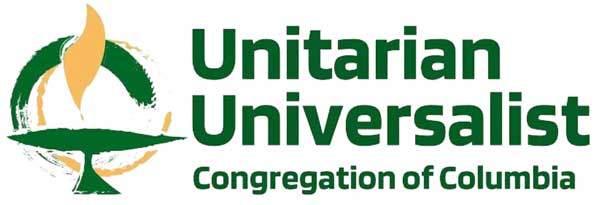Religion and religious communities should be places that provide connection, meaning, and life giving wholeness. Unfortunately, many have been traumatized by religion and religious communities. The Religious Trauma Institute and Reclamation Collective defines religious trauma as the physical, emotional, or psychological response to religious beliefs, practices, or structures that overwhelm an individual’s ability to cope and return to a sense of safety. We will talk about ways to identify religious trauma and create pathways to healing.
Recovering from Religious Trauma
Service Date:
Speakers
Past Services
Change: Friend or Enemy?
One of our Values as Unitarians is “Transformation: We adapt to the changing world”. We are living in unprecedented times and the challenge to adapt to so many changes can be overwhelming. We need to pause and consider the good and the bad of change rather than resisting just because it is different. Each generation […]
